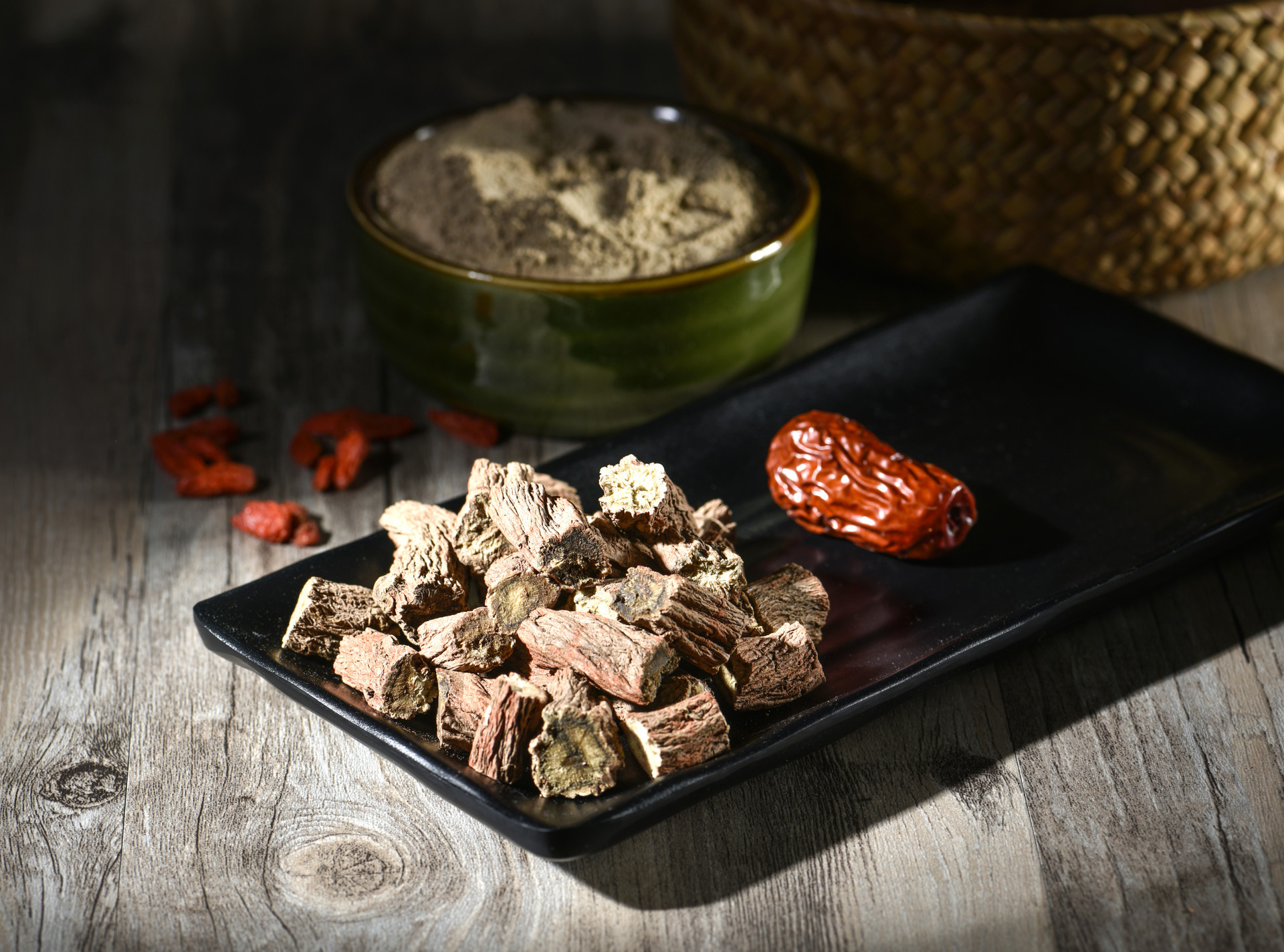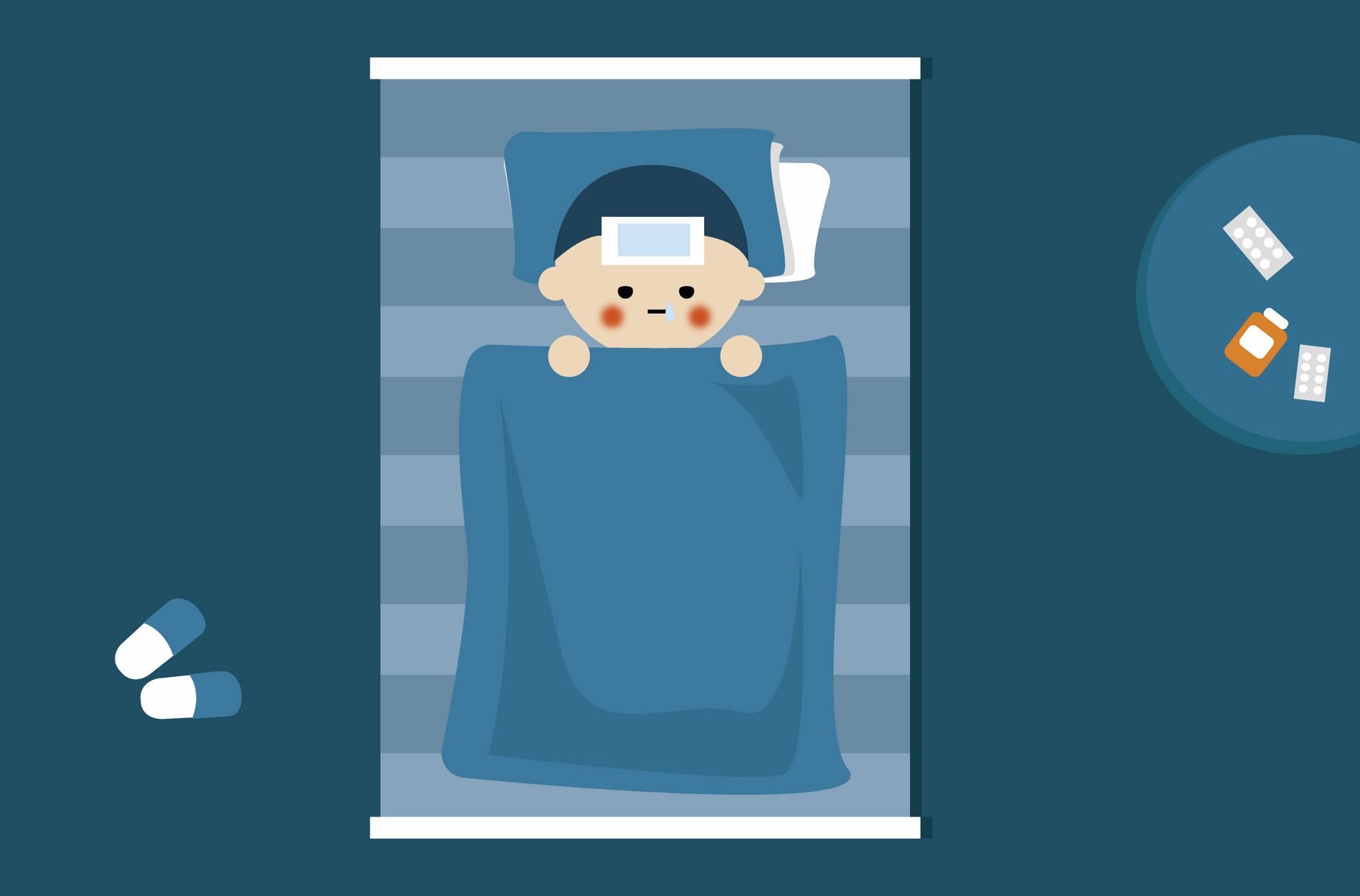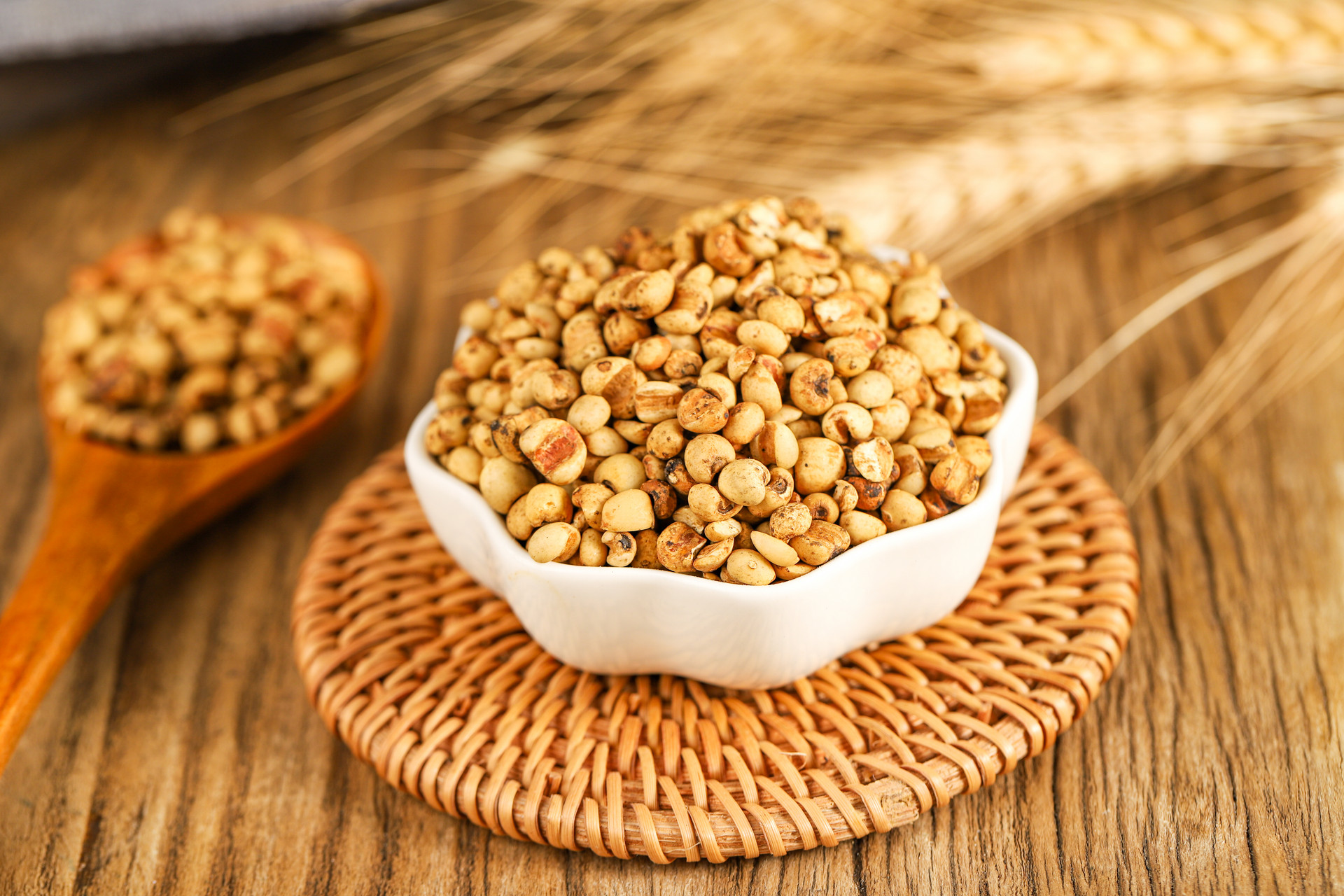A friend recently gave me some bird's nest, and I used to eat it every day. However, my friend told me that bird's nest should not be consumed daily. So, I would like to ask how often should bird's nest be eaten?
How often should bird's nest be eaten?
Every 2-3 days.
Generally, consuming bird's nest every 3 days allows the body to absorb 95% of its nutritional components. Consuming it every 2 days can result in approximately 100% absorption, while consuming it daily can lead to around 90% absorption. Therefore, it is generally recommended to consume bird's nest every 2-3 days for optimal results.
In addition, protein makes up about 50% of the total composition of bird's nest and is not easily digested and absorbed by the body. Consuming it daily not only prevents complete absorption of the nutrients in bird's nest but may also burden the digestive system and cause gastrointestinal discomfort.
How long does it take for bird's nest to improve the skin?
It varies from person to person.
Bird's nest contains rich nutrients such as proteins, vitamins, amino acids, calcium, potassium, and phosphorus, which do have certain cosmetic and beauty effects. However, because everyone's skin condition and individual constitution are different, the degree of absorption of nutrients in bird's nest also varies. Therefore, it is not possible to determine a specific time frame for visible effects. Generally, people with good skin condition who are more sensitive to bird's nest may experience significant improvement in their skin after consuming it for about 2-3 months.
How much bird's nest should be consumed at once?
5-10 grams.
Although bird's nest itself does not have obvious toxicity, there are recommended guidelines for its dosage. Typically, the recommended amount of bird's nest is 5-10 grams. Excessive consumption is not advised because bird's nest contains a large amount of protein, and the body may not be able to fully absorb its medicinal effects, leading to increased digestive burden and energy accumulation. The medicinal components of bird's nest need to be metabolized by the kidneys, and long-term excessive consumption may also affect kidney health.
When is the best time to consume bird's nest?
On an empty stomach in the morning.
Morning is the time when the body's digestive system functions best, and consuming bird's nest on an empty stomach allows for better digestion and absorption of its components. This enables the bird's nest to take effect more quickly without being diluted by other foods, which could affect its efficacy.
Precautions when consuming bird's nest
1. Eat less greasy and spicy foods.
Greasy and spicy foods can affect the digestion and absorption of bird's nest, and may even cause indigestion and gastrointestinal discomfort. Therefore, it is best to reduce the intake of greasy or spicy foods while consuming bird's nest.
2. Avoid consuming bird's nest with tea.
The tannic acid in tea may react with the protein in bird's nest, thereby damaging the nutritional components of bird's nest and reducing its effectiveness.
3. Avoid consuming bird's nest with acidic foods.
Avoid consuming bird's nest with acidic foods such as hawthorn and sour plums. Acidic substances may react with the protein in bird's nest, thereby reducing its effectiveness.
4. Be cautious during a cold.
During a cold, it is recommended to focus on recuperation rather than tonification. Bird's nest has strong nourishing effects, and consuming it during a cold may worsen symptoms or prolong the duration of the cold.
5. Be cautious if allergic to proteins.
The main nutritional component of bird's nest is protein. Therefore, those who are allergic to proteins should be cautious when consuming bird's nest to avoid allergic reactions such as vomiting, abdominal pain, and diarrhea.
6. Be cautious if digestion is poor.
Bird's nest contains a large amount of protein, which is not easily digested and absorbed by the digestive system. Those with poor digestion may not be able to absorb the nutrients in bird's nest and may experience worsened symptoms such as indigestion, diarrhea, and loose stools.
7. For those with phlegm stagnation.
Treatment for phlegm stagnation focuses on strengthening the spleen and eliminating dampness, rather than tonification. Bird's nest has a strong tonifying effect, and consuming it may cause phlegm stagnation, leading to discomfort such as swollen limbs, cold hands and feet, and sticky mouth.












